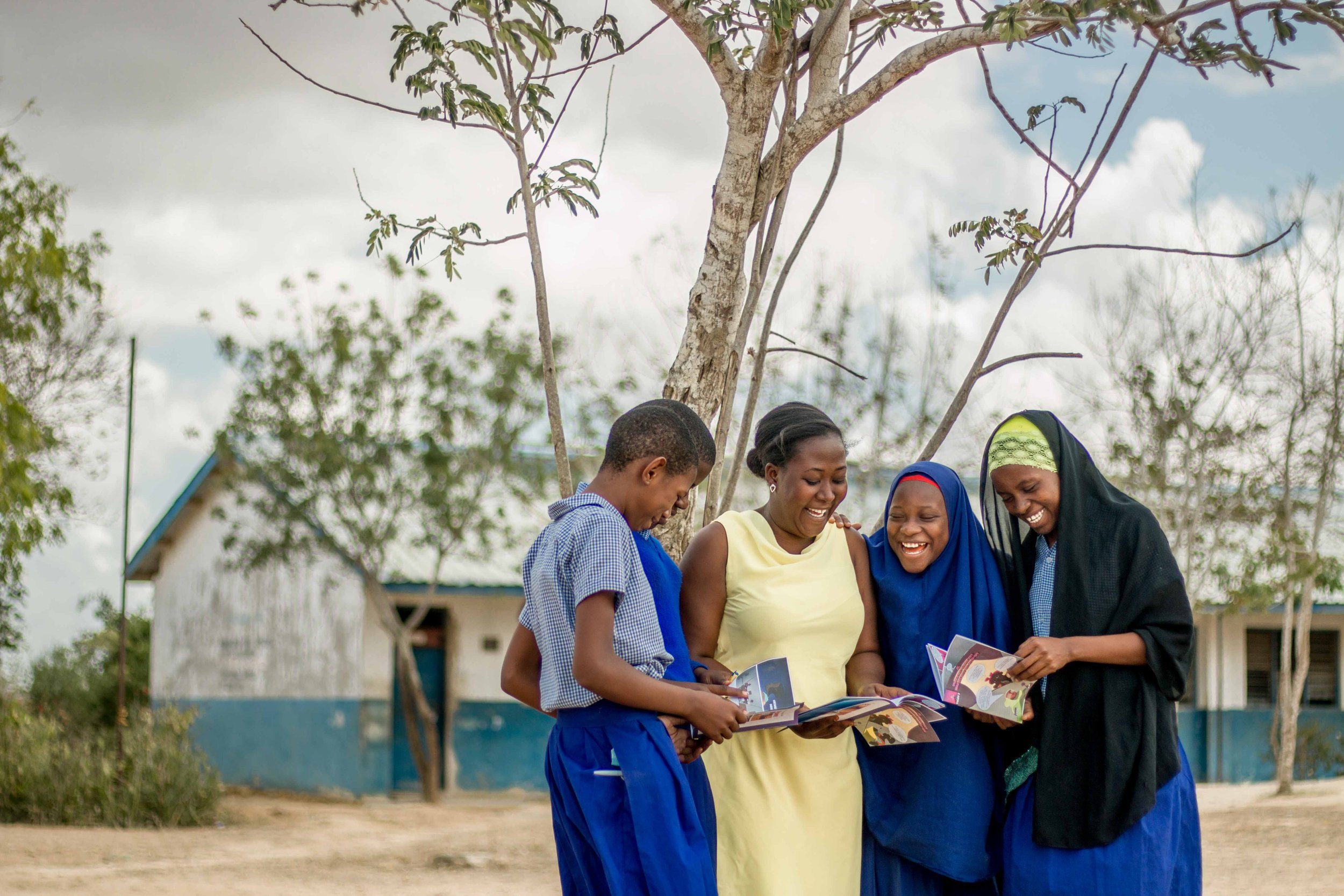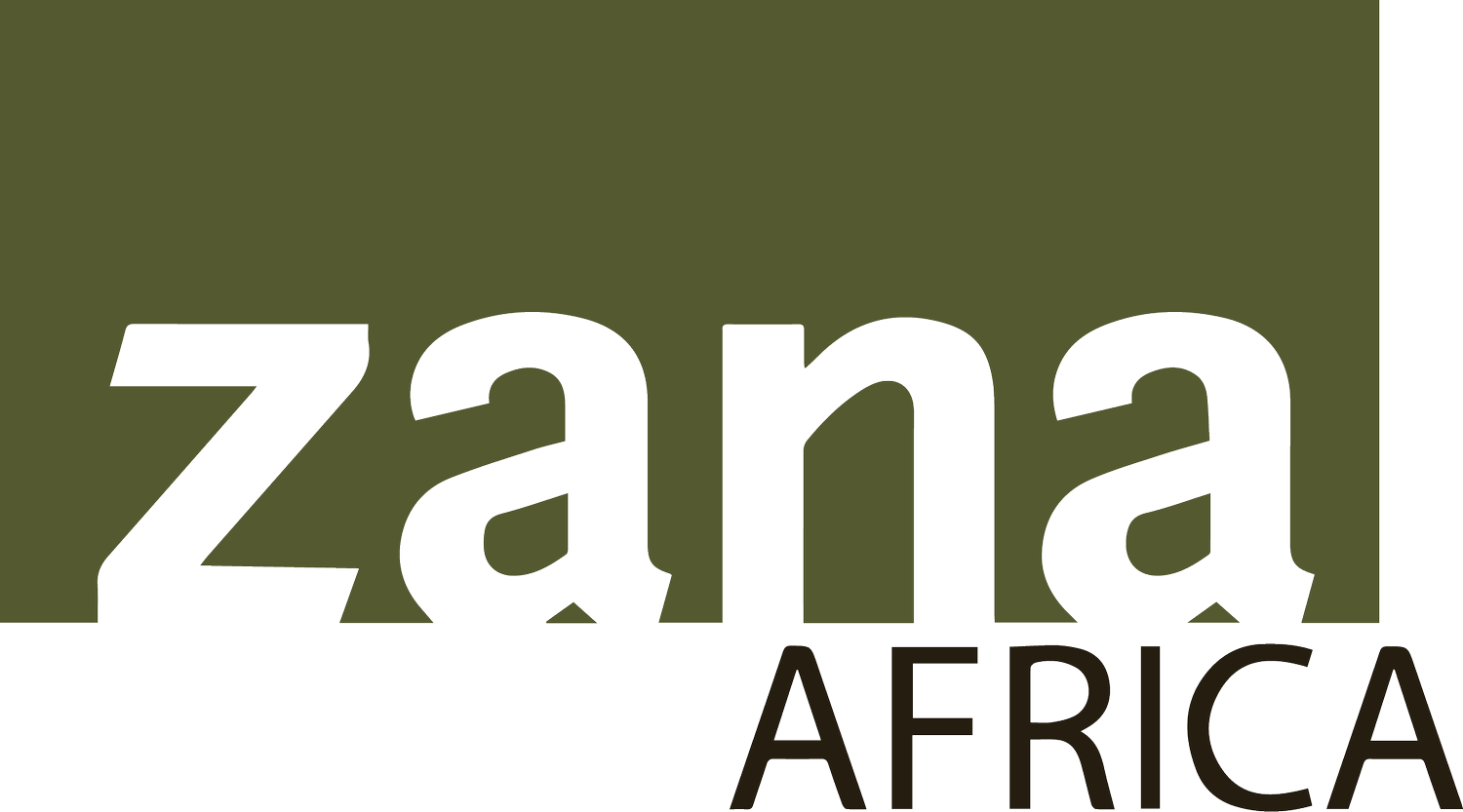
Our Research
Groundbreaking Research for Impactful Change
At ZanaAfrica, we are dedicated to assessing the effectiveness of our programs through rigorous monitoring and evaluation. This allows us to gather essential data, track outcomes, and shape our strategic planning framework. Our latest research is a testament to the positive impact our solutions bring to the communities we serve.
The Nia Project RCT:
Transformative Impacts
In a groundbreaking two-year randomized controlled trial (RCT) involving 3,500 girls from 2017-2019, conducted in collaboration with the Bill & Melinda Gates Foundation, Plan International, and the Population Council, the Nia Project demonstrated significant impacts. Our combined intervention of sanitary pads paired with health education led to:
positive changes in reproductive health knowledge
improved confidence in managing menstruation
enhanced self-efficacy
a shift towards equitable social and gender norms.
These outcomes, both independently and combined, help girls to have more control over their bodies, their decisions, and their futures. In our study, we saw transformation in a relatively short time frame of 18 months.
A Solution to foster Gender Equity at Scale
The Nia Project was one of the first large-scale RCTs to explore the role of sanitary pad distribution and reproductive health education on girls’ educational and reproductive health outcomes.
Proven results:
ZanaAfrica’s intervention of sanitary pads delivered with rights-based reproductive health education caused significant shifts to a more equitable view of gender norms, on all three norms tested: heteronormativity (i.e. what girls and boys are “supposed” to do); roles in marriage; and, sexual double standards (boys who have sex are macho, while girls who have sex are indecent).
Girls reproductive health knowledge also improved. Statistical significance was noted in girls’ knowledge of pregnancy and sexually transmitted diseases, as well as in girls’ ability to name at least one method of contraception/family planning.
Girls’ attitudes about menstruation changed positively across the intervention, with girls getting sanitary pads (and who were therefore better able to manage their period) showing stronger positive menstrual attitude shifts. Girls who received pads were 25% more likely to be able to manage menstruation than girls who did not receive pads.
Educational outcomes of attendance, performance on final primary education exams (given at the end of 8th grade), and matriculation into secondary school were not affected by the intervention. This is not surprising given that poverty accounted for 65% of girls’ inability to transition to secondary school.
Menstrual Health: A Gateway to Equity & Empowerment
ZanaAfrica and others thought leaders in adolescent health and education, have been working to shift the global narrative away from “pads keep girls in school,” to a more nuanced understanding of the role that sanitary pads play as an entry-point in engaging girls and communities in comprehensive sexuality education.
This narrative change is particularly important: sanitary pads are a not a silver bullet to girls’ education challenges, but they are necessary intervention to improve girls’ health and agency. Girls deserve access to menstrual health products. Period. It is a human right for girls to manage their bodies with dignity.
This data underscores the fact that there is not one solution to solving the challenges faced by girls; however, by engaging girls in conversations about their sexual and reproductive health through the lens of menstrual health, our intervention may become a best practice to gain entry into communities where there may otherwise be resistance to reproductive health education and discussions.
When combined with poverty-alleviating and school strengthening programs, ZanaAfrica’s sexual and reproductive health education paired with sanitary pads, has a powerful role in helping girls navigate the challenges of adolescence, while also helping them to direct their own futures. With a burgeoning youth population as never before witnessed across the African continent, the time for our solution is now.
The findings of this study provide a critical contribution to filling an evidence gap in the field of menstrual health management and girls’ empowerment, and in doing so will guide education and health policy in Kenya and in the region.
Published in Reproductive Health in 2021, the first-of-its-kind Nia Project findings contribute significantly to filling the evidence gap in the fields of menstrual health management and gender equity. The publication of this research marks a pivotal moment for ZanaAfrica.



